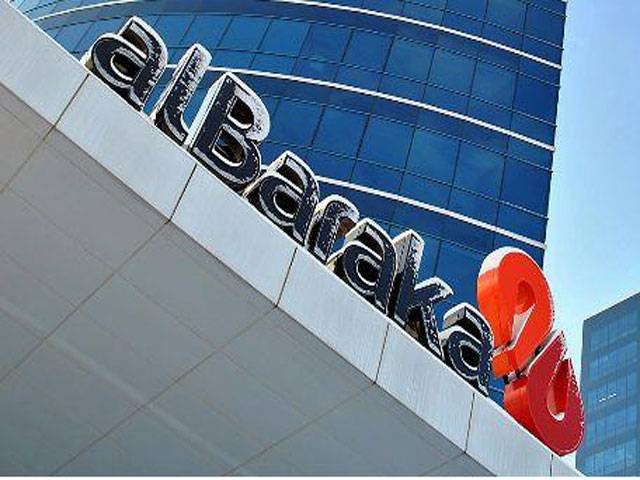KARACHI (PR): Al Baraka Banking Group announced its collaboration with the World Bank to begin a research partnership that would be beneficial to the global Islamic banking industry. The partnership’s first initiative, part of a planned series of research projects, will be a study examining the risk-management challenges facing Islamic banks, with a particular focus on Musharaka and Mudaraba under the profit-and-loss-sharing system.
The Group President & Chief Executive, Mr. Adnan Ahmed Yousif, stated: “This collaboration with the World Bank is yet another demonstration of the Group’s commitment to research and knowledge-building in the Islamic financial services industry.” Al Baraka is recognized as a pioneer in the Islamic banking sector for its longstanding think tank, Al Baraka’s Annual Islamic Banking Symposium (The Nadwa). The Nadwa is the only platform of its kind that annually provides the industry with resolutions and fatwas, which form the basis of new products, standards and policies. Mr. Yousif added, “We are committed to serving the sector by addressing several pressing issues that the industry is facing today. The research collaboration with the World Bank is yet another step in this direction.”
Mr. AbayomiAlawode, Head of Islamic Finance at the World Bank, stated, “The most pressing challenge facing the industry today is to prepare the ground for the profit-and-loss system to flourish. After a series of discussions with Al Baraka’s Executive Management and Research Team, we recognize that the industry must address concerns that the majority of Islamic banking assets are debt-based and that the proportion of equity-based investments (such as Musharaka and Mudaraba) does not form a significant portion of the Islamic investments portfolio. The enabling support system to mitigate these inherent risks and challenges is either limited or nonexistent.
As a result, equity-based investments remain under-represented in the Islamic banking industry.”
Friday, April 19, 2024
World Bank to collaborate with Al Baraka

Caption: World Bank to collaborate with Al Baraka
US vetoes Palestine’s bid for full UN membership
8:27 AM | April 19, 2024
20pc Discos employees involved in power theft: Minister
April 19, 2024
Five govt officials shot dead in D I Khan
April 19, 2024
Parvez Elahi’s indictment delayed again in two cases
April 19, 2024
Hepatitis Challenge
April 18, 2024
IMF Predictions
April 18, 2024
Wheat War
April 18, 2024
Rail Revival
April 17, 2024
Addressing Climate Change
April 17, 2024
Justice denied
April 18, 2024
AI dilemmas unveiled
April 18, 2024
Tax tangle
April 18, 2024
Workforce inequality
April 17, 2024
New partnerships
April 17, 2024
ePaper - Nawaiwaqt
Advertisement
Nawaiwaqt Group | Copyright © 2024





